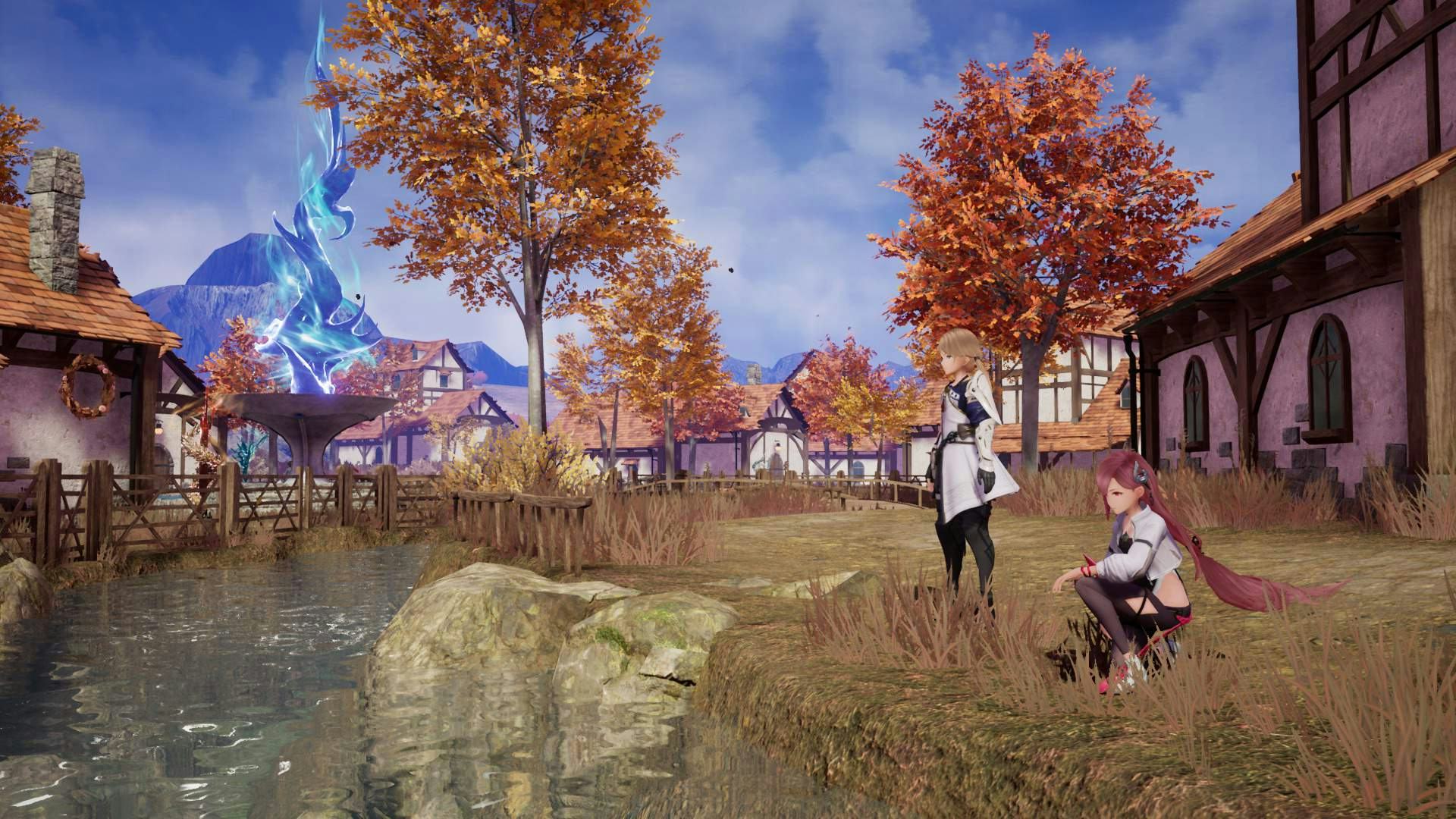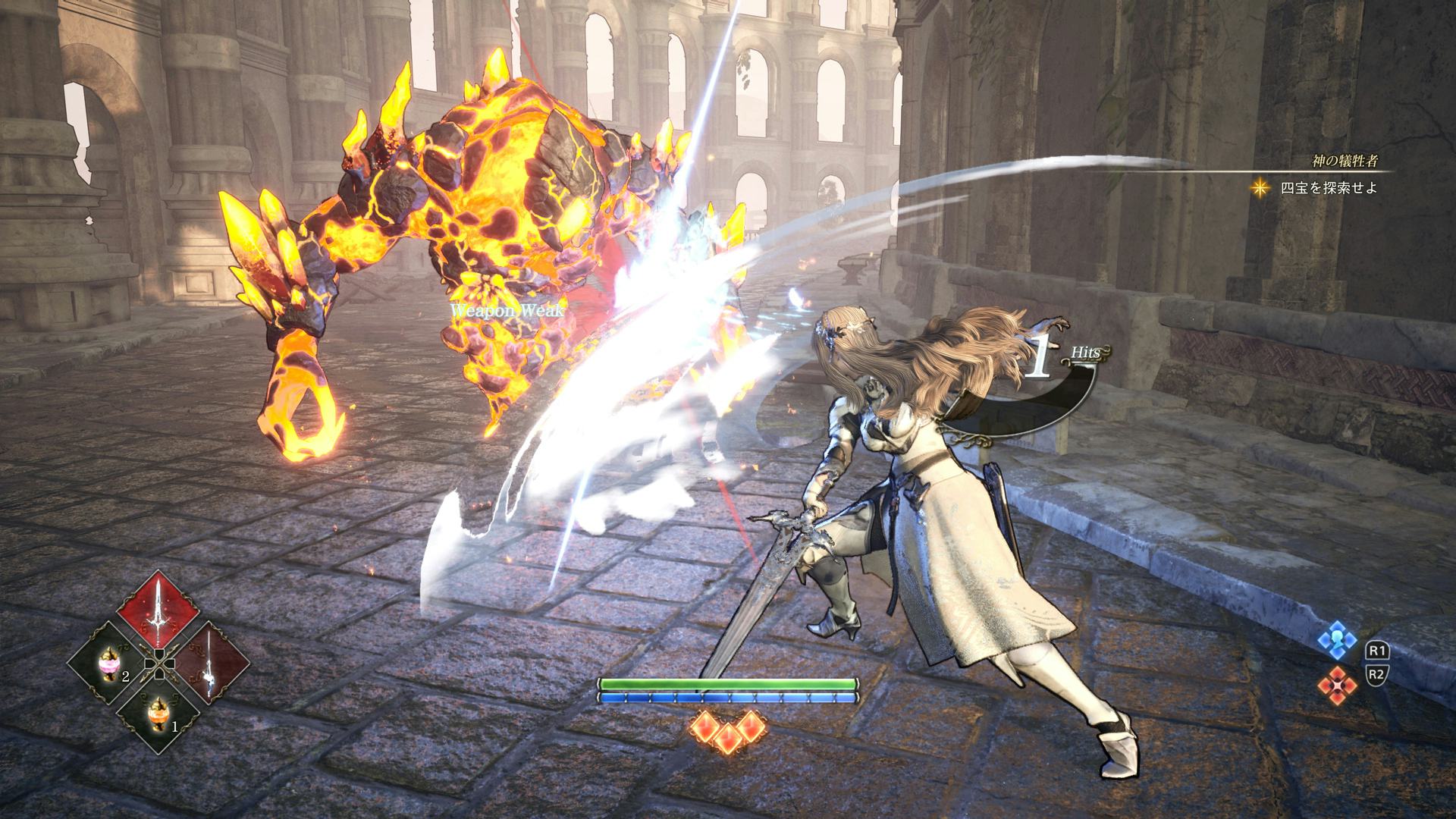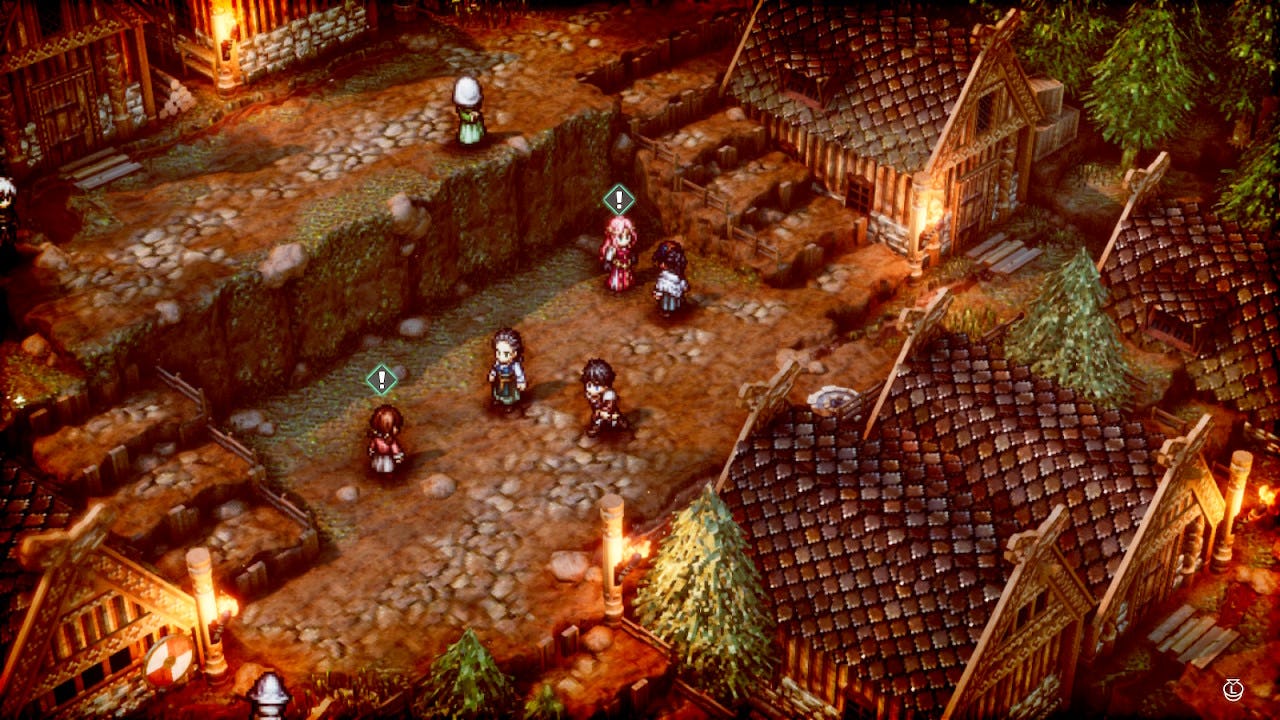
Square Enix’s lineup has exploded over the last couple of years with games like Harvestella, Crisis Core, Forspoken, and more all set to release within only a few months. Marketing all of these games at once can be an arduous task, especially in a season busy with plenty of other releases as well. However, Square Enix has changed its approach recently, opting for a more consumer-faced strategy that lets players test out games with lengthy demos long before release. It’s a smart move that helps entice players and a practice that should be an industry standard.
Square Enix’s demos have traditionally been split into two different categories, the opening hours of the finished product that let you carry over data and more concept-like demos that look for player feedback. Both categories help give Square Enix cater to the gamer’s enjoyment of the experience, something that goes a long way for the company’s image. These demos also simply do a great job of marketing upcoming games. Giving players a few ours of enjoyment for free does more to hook them in than any trailer or written preview could ever do.

The DioField Chronicle demo lets players go through the first two missions of the game — nearly four hours — and all progress then gets carried over to the main game. The same can be said for Valkyrie Elysium, Triangle Strategy, and Harvestella. These demos are long enough to feel worthwhile but short enough to often leave players wanting more.
Square Enix is ahead of the curve in this regard, pioneering a somewhat unique strategy in a see of early access games. But it’s not the only company that’s beginning to focus more on demos and trials.
PS Plus has started to introduce timed trials for big games like Cyberpunk 2077 and Horizon Forbidden West, but Square Enix’s efforts can serve as a blueprint for how it's done. Obviously, Grand Theft Auto VI doesn’t need a demo to convince buyers, but for smaller games that don’t get as much attention, it could be huge. Games like Greedfall or the Ys series could seriously benefit from letting players try out the opening hours, and the ability to carry over progress makes it even more likely they’ll make that purchase.

There is, of course, another side to all this. In some cases, demos might be released while a game is still in development. Square Enix has released demos like this for Octopath Traveler, Triangle Strategy, and Bravely Default 2. Interestingly, all these titles feel like they fall into a similar category of nostalgia bait trying to capture what fans love about classic JRPGs. Having a concept demo that surveys players is a wise decision to aid in that. Again, it’s also a way to drum up enthusiasm, especially when the demo launches during a big event like a Nintendo Direct.
These kinds of demos could be especially useful for more complex genres like real-time strategy, or tactical RPGs. Upcoming games like Homeworld 3 or Disgaea 7 are specific examples of titles that could really benefit from a concept demo, getting feedback from fans who have been invested in the series for years, even decades.
In the face of so many releases and so much marketing, it’s great to be able to jump into games and try them out yourself before making a purchase decision. Square Enix has set the standard of how to do demos in the modern era, and as the industry trends toward becoming entirely digital, hopefully, we can see more developers and publishers follow suit.







